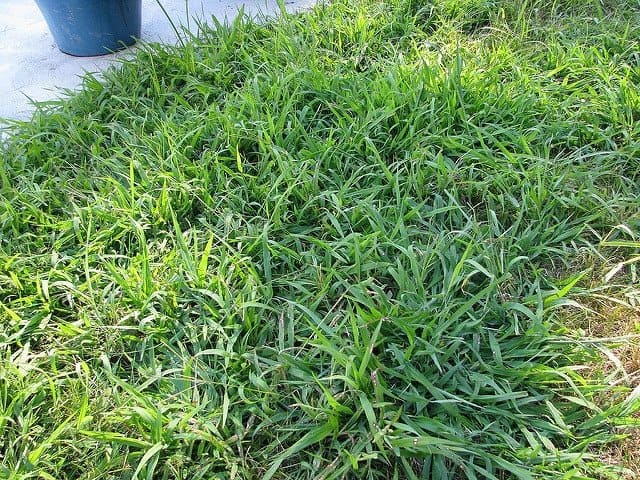
Joanne in Oshawa, Ontario, asks:
How can I eliminate crabgrass? Unfortunately with this year’s drought the only thing growing is crabgrass. So far, I have been digging it out.
Judith Adam, horticultural consultant for Garden Making, replies:
Crabgrass (Digitaria sanguinalis and D. ischaemum) is an annual weed found in thin or bare areas of lawns. It flowers from July to September, producing generous amounts of seeds that germinate the following early spring, quickly establishing new plants. It also roots from leaf nodes in contact with soil, forming colonies during the growing season. Digging out the plants is an effective means to eliminating the problem, but you may not be able to dig and pull fast enough to keep up with their spread.
A seed germination inhibitor, such as like corn gluten meal, spread uniformly over the lawn area in early spring may help. Corn gluten meal is an organic pre-emergent lawn herbicide and will also inhibit the growth of other plants often found in lawns such as clover, plantain and dandelions. (It also contains 10 per cent nitrogen, which benefits desirable turf grasses.) Timing is important. As a guideline, spread corn gluten meal when forsythia blooms in your area.
Don’t expect all of the crabgrass to disappear, but there will be less of it, making your digging more manageable and effective. After two or three years of treatment, you may actually eliminate it completely.
Also provide good lawn care (irrigate, fertilize and mow high) to encourage healthy turfgrass. If you want to spread lawn grass seed in thin areas, wait until late summer to avoid having corn gluten meal interfere with germination.

I use the the corn gluten based kitty litter left in the litter box when I do a total clean up. It really does control crab grass seed germination as well as most other seed germination so be careful with It! This type of litter is more expensive than the clay based type but has several advantages, this being one. I flush the stools and put the pee balls in my compost. If you don’t have a cat perhaps you could subsidize the extra cost for a cat owner in exchange for the used litter.